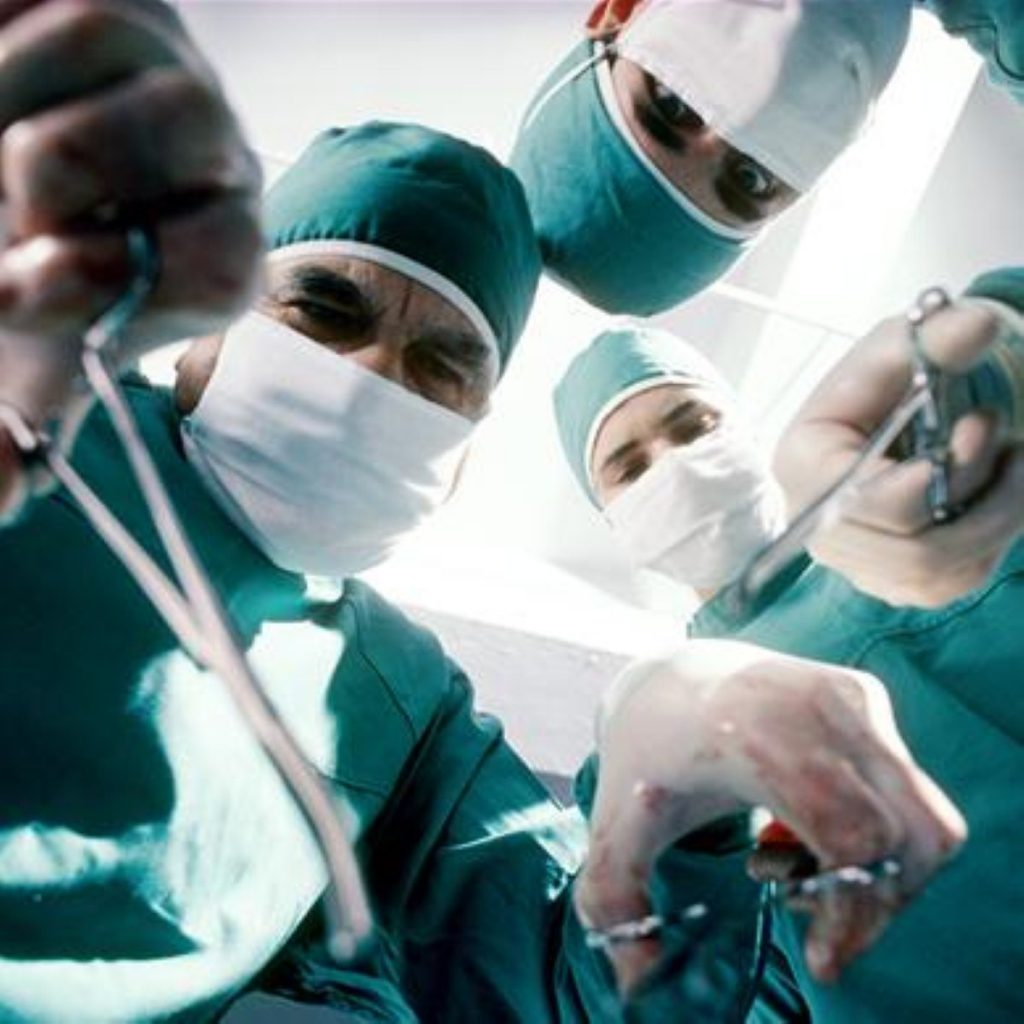Warning over UK’s ‘organ tourists’
Britons travelling abroad for organ transplants may be receiving organs from donors who have not given their consent, the chief executive of the Human Tissue Authority (HTA) has warned.
The call comes as a group of experts say organ trafficking and transplant tourism have become “global problems”.
“In the UK, there are people who have been waiting a long time for a transplant and people die waiting for an organ,” Adrian McNeil told <>i>politics.co.uk.
“In this climate, some people consider going abroad to pay for a transplant operation.


“It is not an offence for a person in the UK to seek medical treatment abroad, but patients seeking this route might find it difficult to assure themselves both of the quality and safety of the transplant and whether the donor has given fully informed consent,” he continued.
Governments worldwide are being urged to safeguard against transplant commercialism after a declaration opposing it was signed earlier this year.
A new warning published yesterday in the Clinical Journal of the American Society of Nephrology calls for an end to the illicit sale of human organs and the treating of organs as a commodity.
It also states that ‘organ tourists’ – rich patients travelling to other countries to secure transplants – are undermining a country’s ability to provide organs for its own population.
“The international transplant community is wholeheartedly opposed to the poorest people in the world being exploited to fulfil the need for organs for transplantation,” Mr McNeil said.
“The need for organs way outstrips the supply, and while we should maintain our efforts to increase the supply of organs from ethical sources, it is unlikely that there will be a balance of supply and demand in the near future.
“When demand outstrips supply there is always a temptation to use unethical practices to source organs.”
Earlier this year more than 150 representatives of scientific and medical bodies, including government officials and social scientists, met in Turkey to sign a declaration condemning transplant commercialism.
“The legacy of transplantation must not be the impoverished victims of organ trafficking and transplant tourism but rather a celebration of the gift of health by one individual to another,” the Istanbul declaration sates.
It explains that because unethical practices are an undesirable consequence of the global shortage of organs for transplantation, each country should implement programs to prevent organ failure and should provide organs to meet the transplant needs of its residents from donors within its own population.
Dr Francis Delmonico, professor of surgery at Harvard medical school and one of the signatories, said the internet and the willingness of rich patients to travel to other countries to purchase organs had made the issue a ‘global problem’.
“The poor who sell their organs are being exploited, whether by richer people within their own countries or by transplant tourists from abroad,” Dr Delmonico added.









